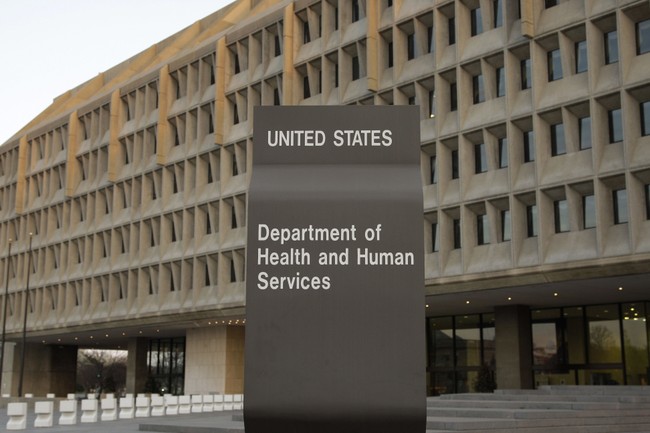
DME stands for Durable Medical Equipment. It’s a class of medical gear which attracts a lot of fraud because Medicare agrees to pay 80% of the cost of any DME, such as a wheelchair, that is prescribed by a physician. The other factor that makes this kind of fraud appealing to criminals is that there is so much money and so many legitimate orders being submitted that it’s often difficult to sort the fraud from the legitimate claims. But in this particular case, the people behind the fraud were so greedy that the sheer number of false claims caught people’s attention.
Linda Hennis was checking her Medicare statement in January when she noticed something strange: It said a company she had never heard of had been paid about $12,000 for sending her 2,000 urinary catheters.
But she had never needed, or received, any catheters.
Ms. Hennis, a retired nurse who lives in a suburb of Chicago, noticed that the company selling the plastic tubes was called Pretty in Pink Boutique, and it was based in Texas. “There’s a mistake here,” Ms. Hennis recalled thinking.
She is among more than 450,000 Medicare beneficiaries whose accounts were billed for urinary catheters in 2023, up from about 50,000 in previous years…
Pretty in Pink Boutique, which billed Medicare at least $267 million for catheters between October 2022 and December 2023, could not be reached by phone.
That report and similar ones from Feb. 2024 were the first signs that a massive Medicare fraud was taking place. At the time it was estimated the total could be as high as $2 billion. Today, we’re finding out that was a big underestimate. The total fraud from this one group of criminals is now estimated to be more than $10 billion.
When hundreds of thousands of people enrolled in Medicare were billed for expensive medical equipment they never asked for in 2023, it was part of a $10.6 billion fraud, among the largest such schemes in the program’s history, federal prosecutors said this week.
The scheme was carried out by 11 defendants, including citizens of the United States, Estonia and the Czech Republic, who worked for a criminal organization based in Russia, according to an indictment unsealed in the Eastern District of New York on Thursday.
The core of the fraud was the purchase of companies who had already been approved to sell medical equipment by Medicare. The criminals simply bought these companies outright and then used them to place millions of fraudulent claims.
The two-year investigation, dubbed Operation Gold Rush, uncovered a conspiracy to purchase more than 30 small health care supply companies that were already enrolled with Medicare, officials said. Conspirators then used those companies to submit a flood of claims for urinary catheters, continuous glucose monitors and other supplies that were not medically necessary, law enforcement officials allege.
The numbers were often eye-popping. Beginning in late 2022, the companies collectively submitted fraudulent claims to Medicare for more than 1 billion urinary catheters, officials said.
More than 7,000 doctors names were used to make the fraudulent orders without their knowledge. Then the bills would show up on the records of individual people whose information had been stolen and sold to the fraudsters.
The alleged conspirators then were able to obtain sensitive Medicare information for about 1.2 million Americans, officials said.
“We have seen instances where Medicare beneficiary information can be bought and sold on LinkedIn, on Craigslist,” Bledsoe said. “It is available if you know where to look, and it’s not too hard to run across it.”
The federal government caught on to the fraud in time to prevent most of the money being sent out to pay for medical equipment that didn’t exist. However, lots of people have supplemental Medicare insurance which covers the 20% of the costs that Medicare does not pay. Those companies are required to pay any bill submitted to them, even if Medicare itself has stopped payment. And that’s where the fraudsters were able to come up with nearly a billion dollars.
The Operation Gold Rush investigation was just one of several medical fraud cases revealed today. For instance:
74 defendants, including 44 licensed medical professionals, were charged across 58 cases in connection with the alleged illegal diversion of over 15 million pills of prescription opioids and other controlled substances. For example, five defendants associated with one Texas pharmacy were charged with the unlawful distribution of over 3 million opioid pills. As alleged, the defendants conspired to distribute massive quantities of oxycodone, hydrocodone, and carisoprodol, which were subsequently trafficked by street-level drug dealers, generating large profits for the defendants.
The total fraud for all of the schemes was an estimated $14.6 billion. Fortunately, not all of that money was lost but the scale of the fraud suggests a lot of criminals see the health care system as an easy target.












